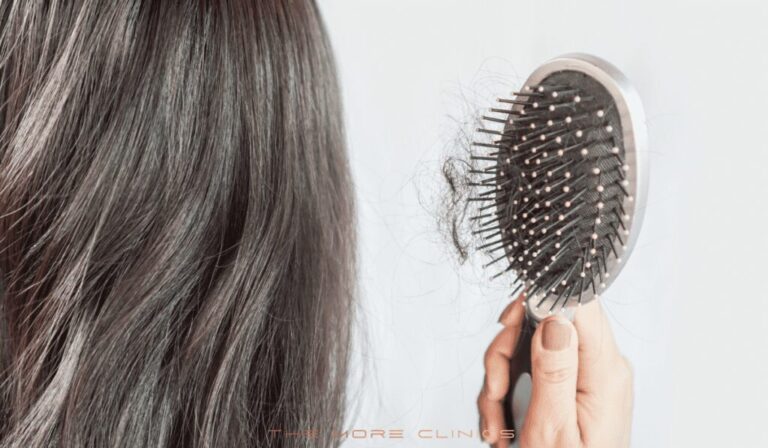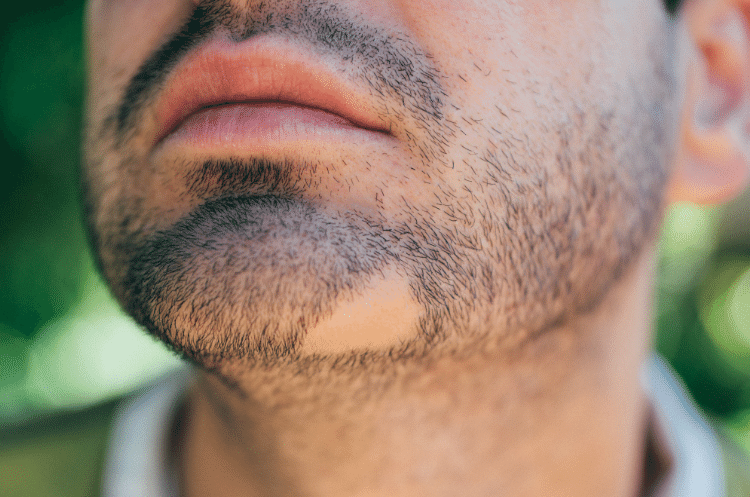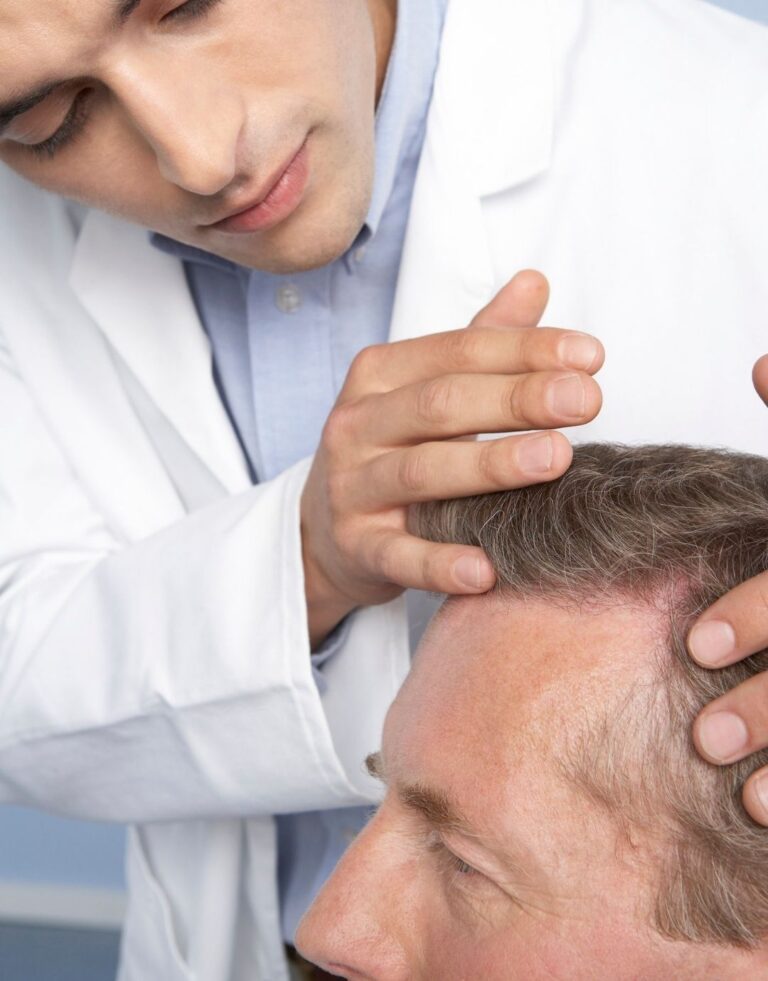Hair Transplant Gone Wrong
Hair transplant surgery can provide life-changing results for those experiencing hair loss. However, in some cases, things can go wrong, leading to unsatisfactory outcomes and even complications. In this guide, we’ll discuss hair transplant gone wrong, the signs of a failed or bad hair transplant, celebrity cases, and treatment options for hair transplant disasters.

How Does Hair Transplant Go Wrong?
Several factors can contribute to a hair transplant gone wrong:
- Incorrect diagnosis: If the underlying cause or type of hair loss is misdiagnosed, the treatment plan may not effectively address the issue and result in unsatisfactory results.
- Inexperienced specialist: Choosing an inexperienced or unqualified surgeon can result in poor graft placement, unnatural hairline design, or even damage to healthy hair follicles.
- Outdated techniques: Older hair transplant techniques, such as punch grafting or large strip harvesting, can cause significant scarring or unnatural-looking results.
- Poor post-operative care: Failing to follow post-operative care instructions can lead to complications such as infection, poor healing, or graft failure.
- Pre-existing hair loss conditions: Existing conditions like alopecia can make it difficult for a hair transplant to be successful. Learn more about alopecia areata.
- Insufficient donor hair: In some cases, the amount of donor hair available may not be enough to achieve desired results, leading to an unnatural or sparse appearance.
Failed Hair Transplant: How Often Does It Happen?
While the risk of a failed hair transplant is relatively low, especially when performed by an experienced surgeon using modern techniques like DHI Technique or FUE Hair Transplant, complications can still occur. The rate of complications varies depending on the individual case and the skill of the surgeon.
8 Signs of a Bad Hair Transplant
Here are eight signs that may indicate a hair transplant has gone wrong:
1. Unnatural hairline design : The hairline created during a hair transplant should look natural and harmonious with the patient’s facial features. If it appears unnatural, this can be a sign of a bad hair transplant.
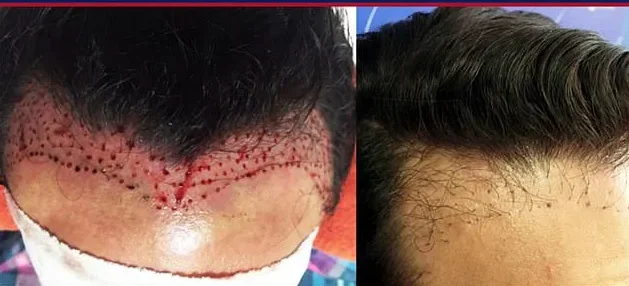
2. Graft failure : In some cases, grafts fail to take and may need to be replaced or “touched up” after the initial procedure. This can lead to an uneven or patchy appearance.
3. Abnormal scarring : Punch grafting and strip harvesting techniques can result in excessive scarring, which is often difficult to conceal with hair growth.
4. Poor growth : If the transplanted hair does not grow as expected, this could indicate that the procedure was not performed properly.
5. Scalp Infection : If signs of infection such as swelling, redness, or discharge are present after the procedure, this could indicate a bad hair transplant.
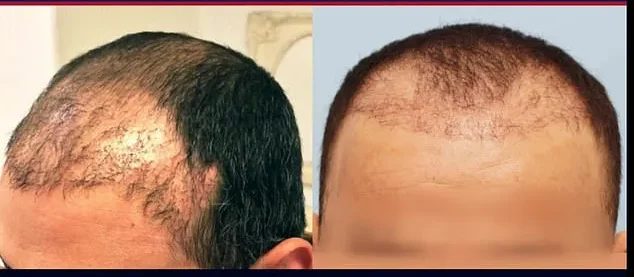
6. Damage to healthy follicles : Aggressive techniques can cause graft damage and loss of existing healthy hair follicles.
7. Excessive bleeding : Hair transplants typically involve some degree of bleeding, but excessive bleeding is an indication of a failed or botched procedure.
8. Scalp necrosis : Necrosis, or death of the tissue, can occur if the procedure is not performed correctly. This condition can lead to permanent scarring and loss of hair follicles.
Celebrity Hair Transplant Gone Wrong
Even celebrities are not immune to the risks of a hair transplant gone wrong. Some well-known cases include:
- Wayne Rooney: The English footballer experienced a failed hair transplant early in his career, resulting in an unnatural appearance. He later underwent a successful corrective procedure.
- Jeremy Piven: The American actor reportedly had a hair transplant that left him with visible scarring and an uneven hairline. Piven has since had the issue corrected.
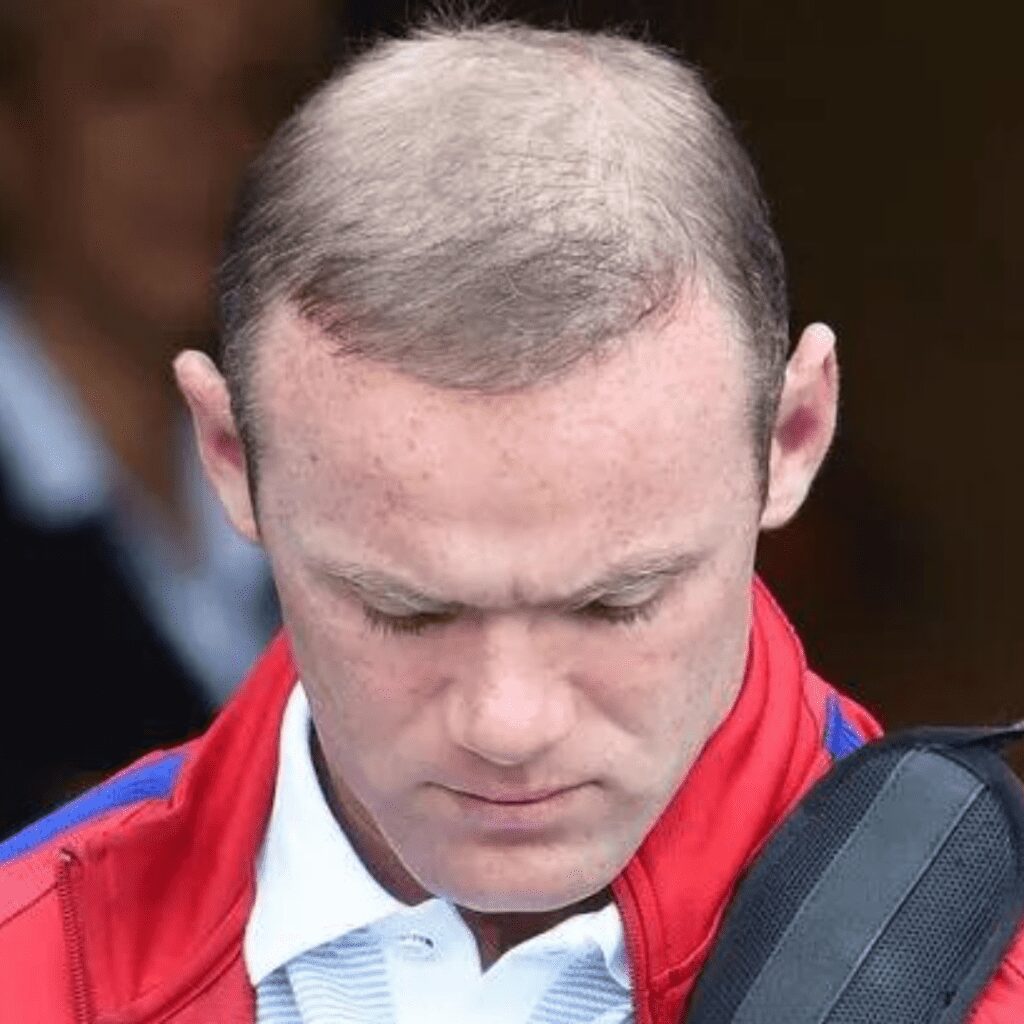
What Are the Treatments for a Hair Transplant Gone Wrong?
If you’ve experienced a hair transplant gone wrong, several treatment options can help correct the issue:
- Revision surgery: A skilled surgeon can perform a revision hair transplant to address issues such as poor density, unnatural hairline, or scarring.
- Scalp micropigmentation: This non-surgical solution involves tattooing small dots on the scalp to create the illusion of hair follicles, helping to camouflage scarring or poor density.
- Medication: In some cases, medications such as minoxidil or finasteride may be recommended to encourage hair growth and improve the overall appearance of the transplant.
For more information you can read Hair Transplant and Restoration and visit to see real transformations with successful hair transplant procedure.
Last Words from the More Clinics
While some of the complications from hair transplant surgery are relatively rare, unexpected results are very common. It’s crucial to choose an experienced and reputable surgeon to minimize the risk of a hair transplant gone wrong. If you’re considering a hair transplant or need help correcting a botched procedure, The More Clinics offer expert care and personalized solutions. To learn more about your options contact us today and let us schedule your Free Consultation.
GET A FREE CONSULTATION!
Let’s Start Planning Your Treatment %100 Guarantee Results.
Medically Reviewed by Dr. Seda Erdoğan who specialized on Hair Transplants, Dermatology


